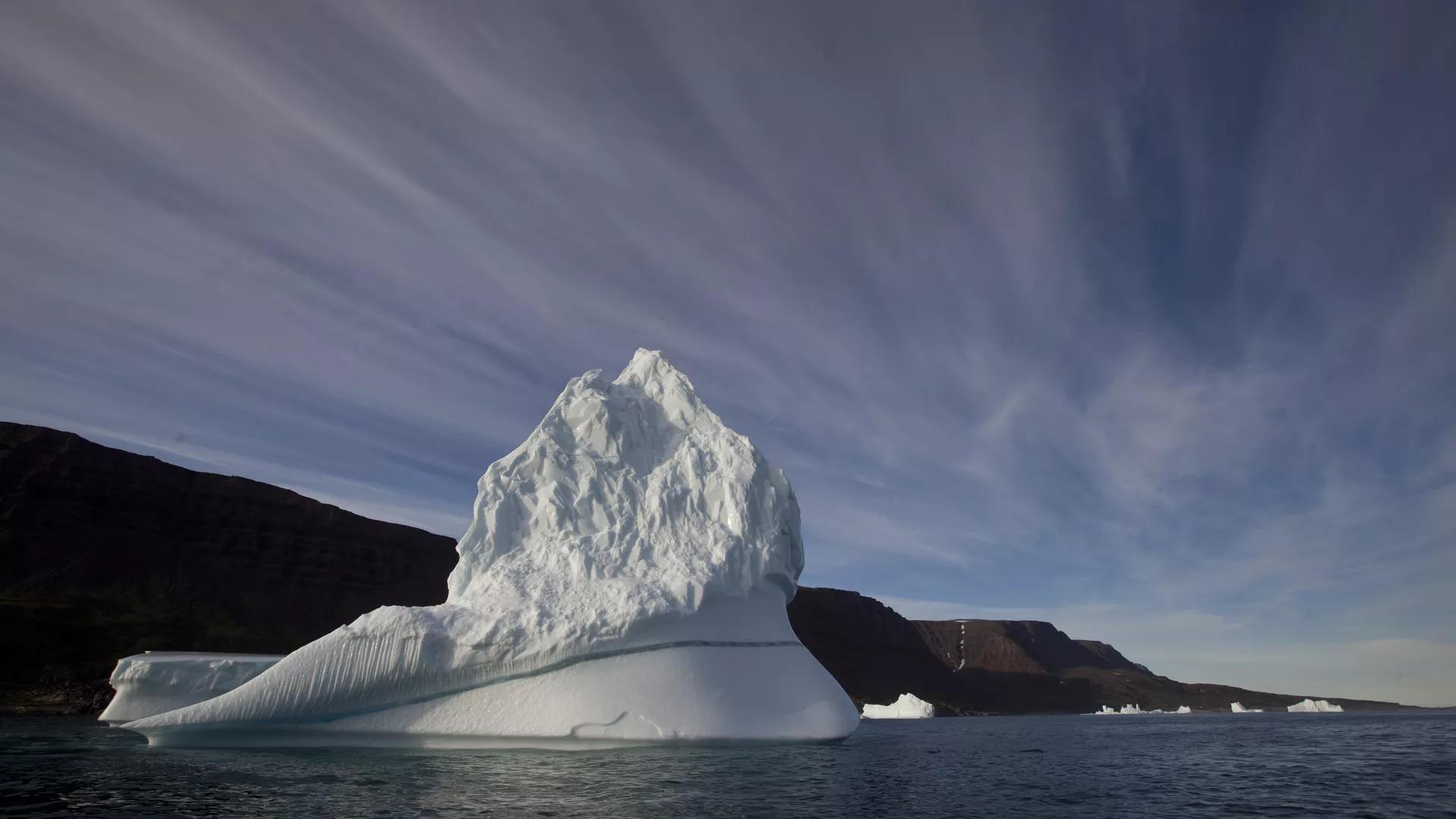Africa-Press – Cape verde. Recent analysis of satellite observations has revealed that the Amazon rainforest is losing stability with ‘profound’ implications for the global climate and biodiversity. Climate scientists have also warned of the destabilisation of the Greenland ice sheet and detected warning signs of the collapse of the Gulf Stream currents.
Multiple dangerous climate tipping points are at risk of being triggered if the global temperature rises beyond 1.5°C above pre-industrial levels, new findings have revealed. Climate tipping points are conditions beyond which changes in the climate system become “self-perpetuating” and irreversible.
Georesilience analysts have synthesized evidence for the so-called tipping points, including relevant temperature thresholds, timescales, and impact, based on a review of more than 200 scientific articles published after 2008.
The comprehensive new analysis identifies a total of 16 tipping points, nine of which are global “core” tipping elements and seven – regional tipping points.
The study published in Science on September 9, warns that Earth is at risk of passing five dangerous tipping points even at current levels of warming of ~1.1°C: melting of the Greenland and West Antarctic ice sheets, resulting in a huge sea level rise; widespread permafrost thaw; collapse of convection in the Labrador Sea, and massive die-off of tropical coral reefs.
Once a tipping point is triggered, explained the authors, even if emissions are stopped and temperatures stop rising, the ice sheets, oceans, or rainforests will carry on degrading for decades.
At 1.5C of heating, four of the five tipping points move from possible to likely, the research stated. The scientists defined crossing a tipping point as “possible” when its minimum temperature threshold is passed, and “likely” – beyond the central threshold estimate.
“The Earth may have left a ‘safe’ climate state beyond 1C global warming,” the analysis concluded.
Dr David Armstrong McKay at the University of Exeter, a lead author of the study, said that despite the findings being “worrying,” there are still grounds for hope, adding:
The Paris Agreement – the first-ever universal, legally binding global climate change agreement – was adopted at the Paris climate conference (COP21) in December 2015. It set out a global framework to avoid dangerous climate change by limiting global warming to well below 2°C and pursuing efforts to limit it to 1.5°C.
For More News And Analysis About Cape verde Follow Africa-Press






